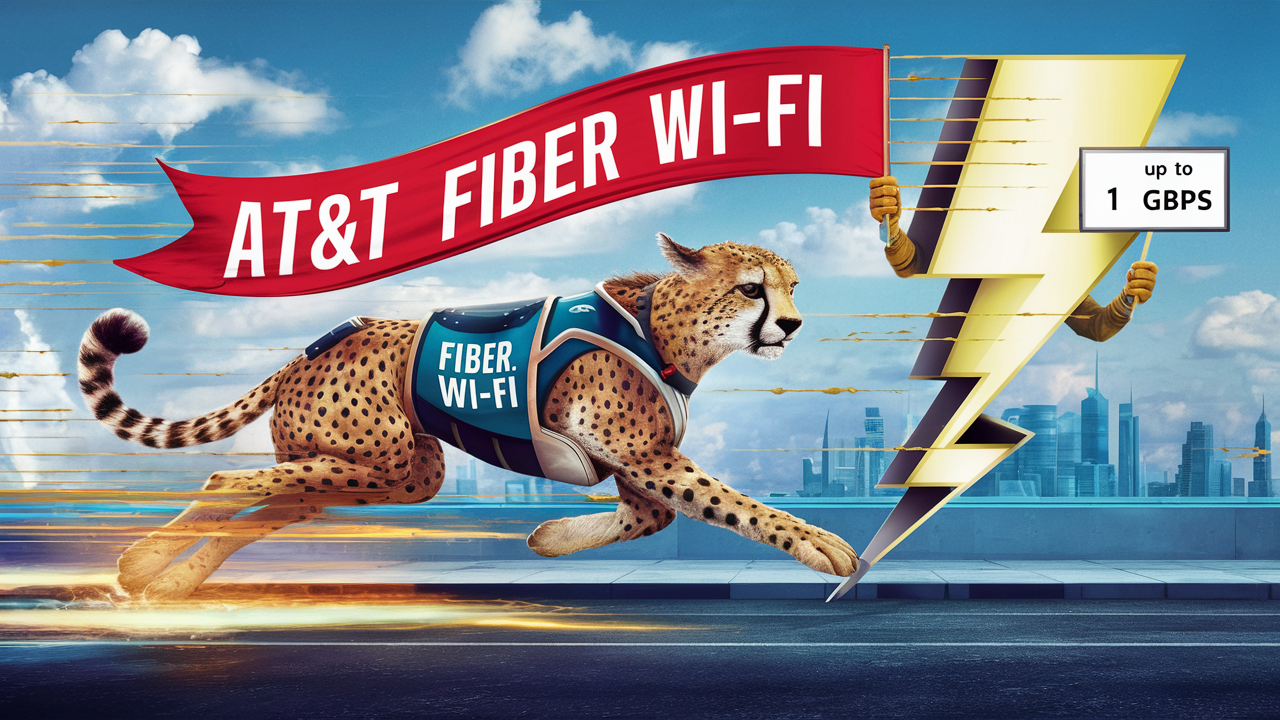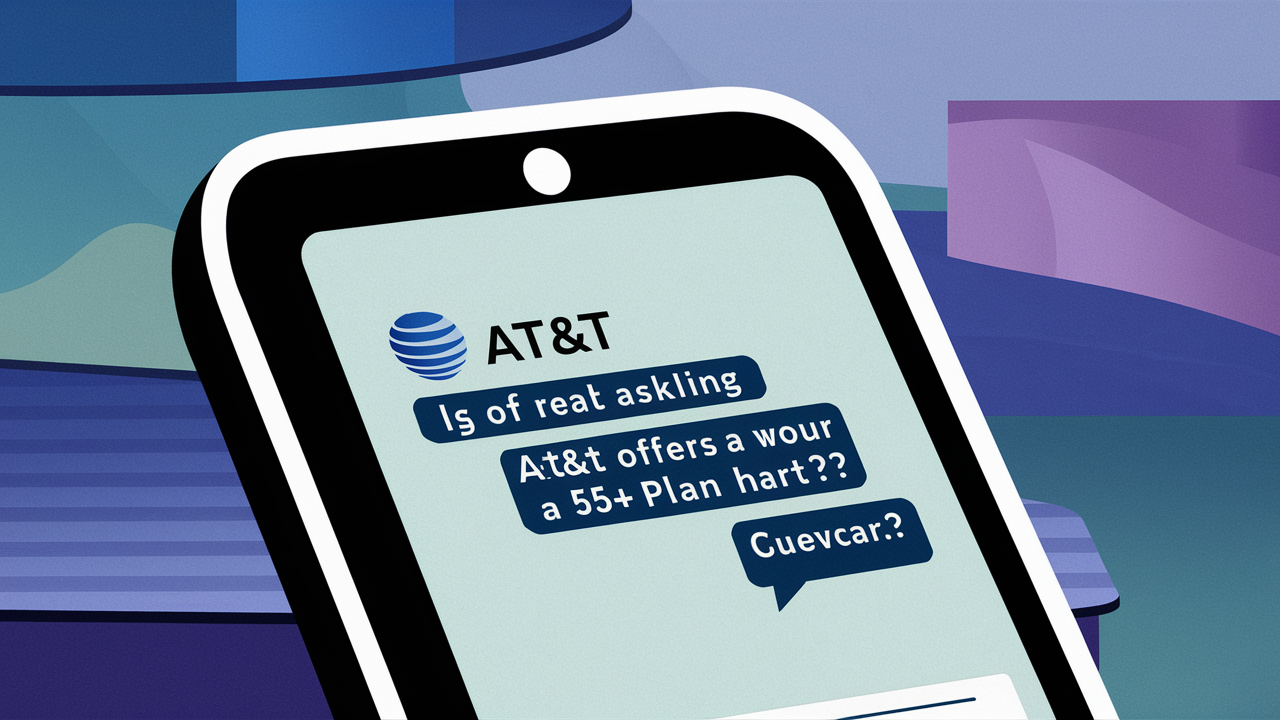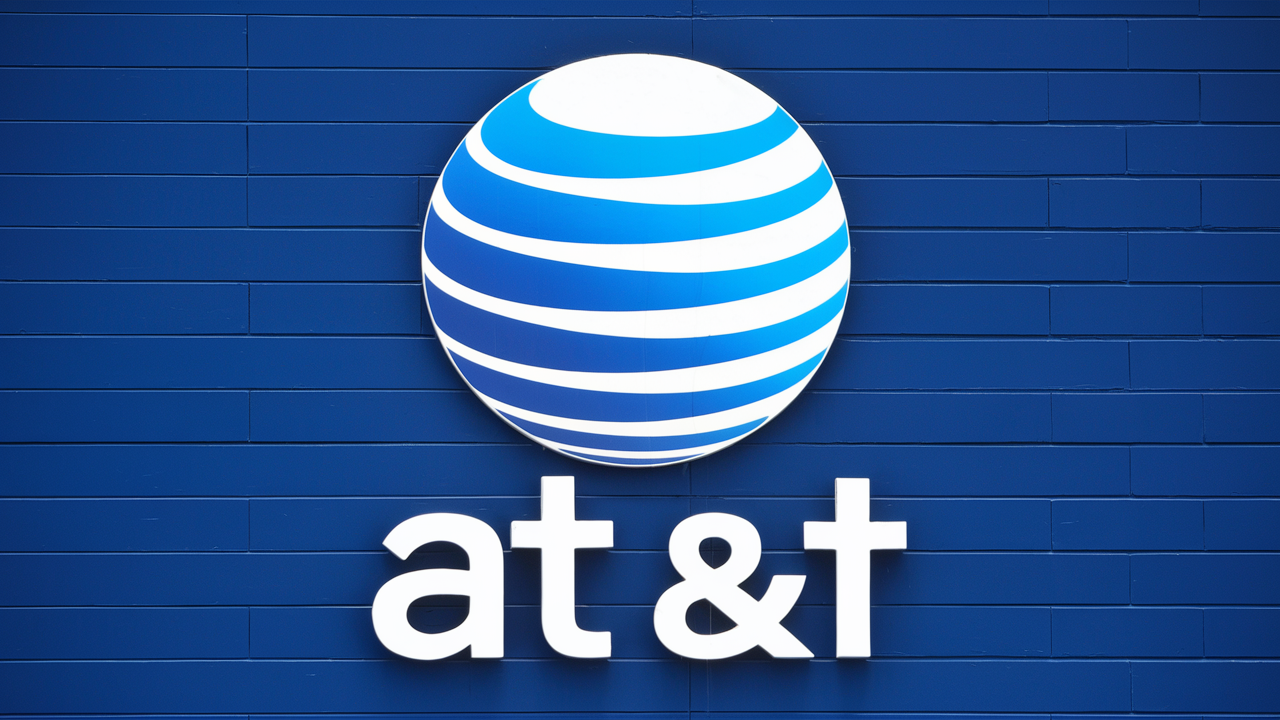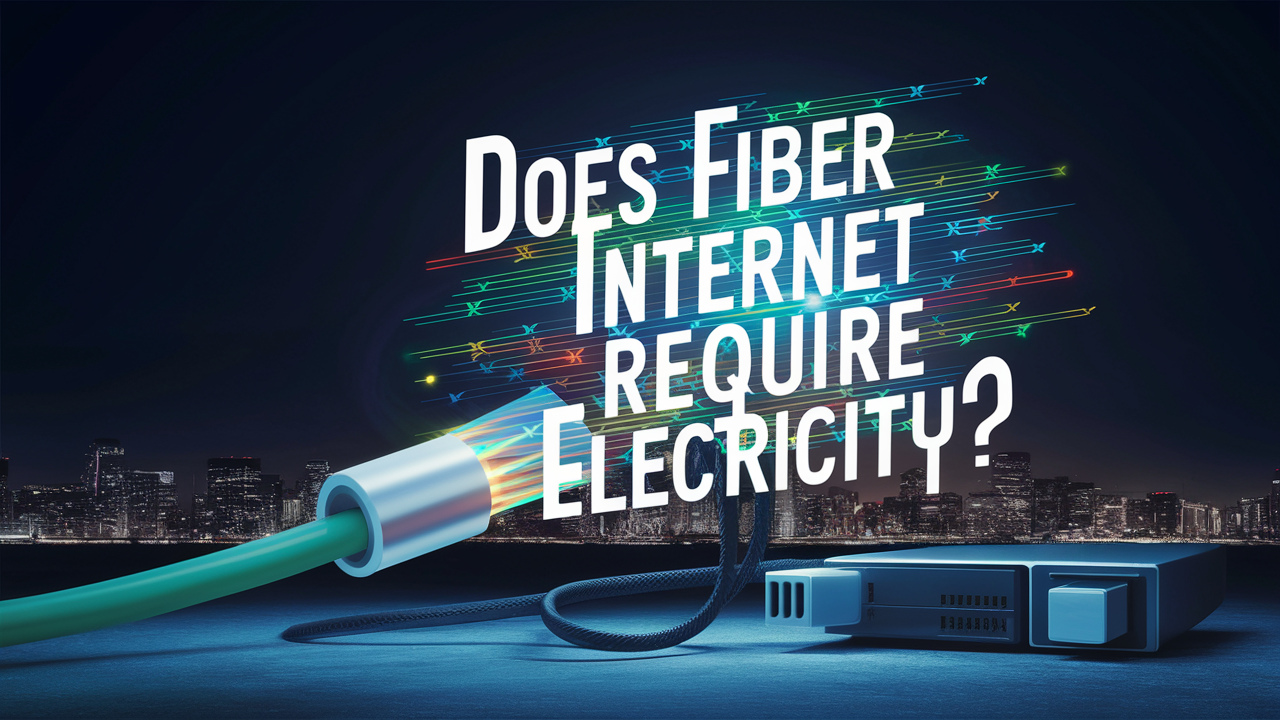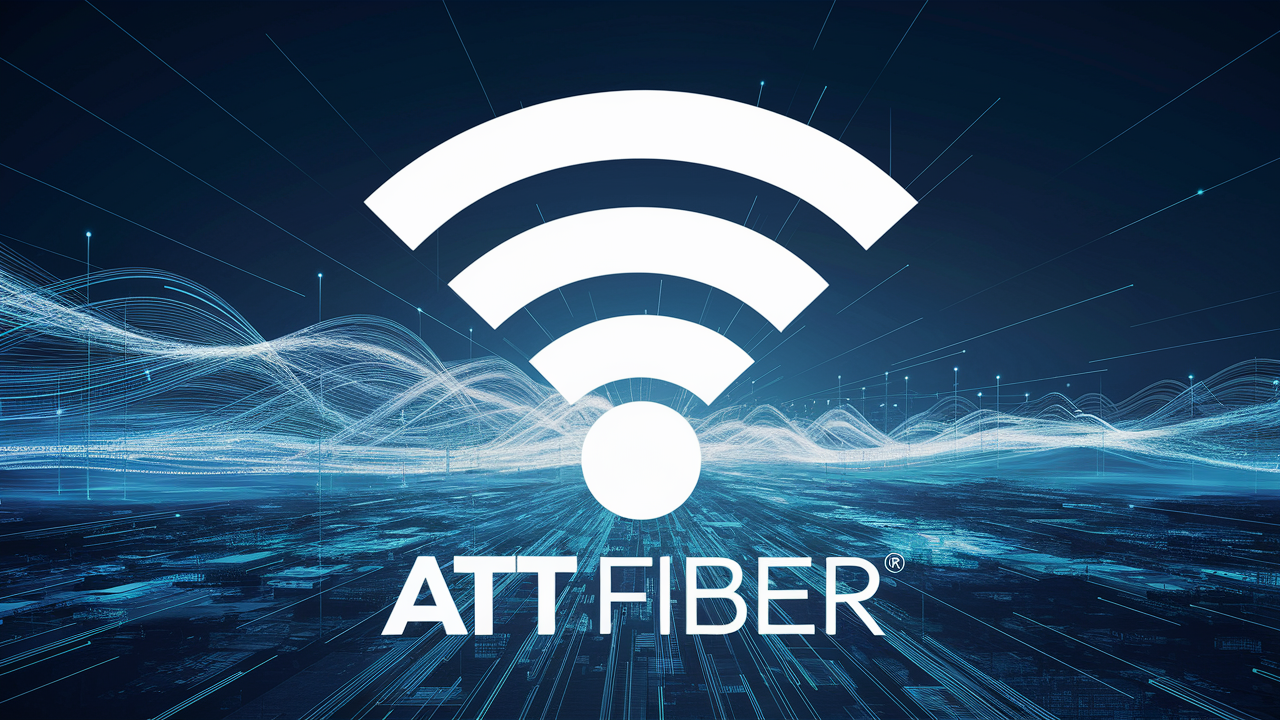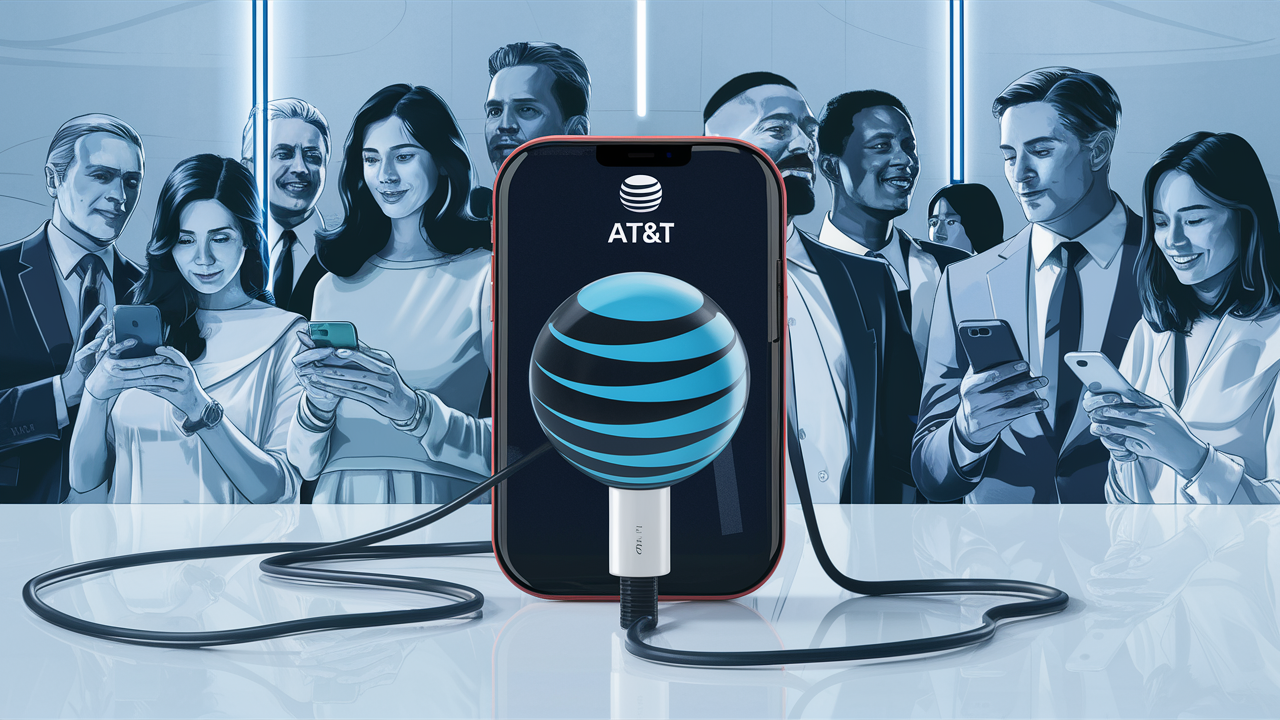
AT&T is among the largest telecommunication companies in the United States with cellular phone and data markets reaching millions of customers. Like any cellular provider, some of its clients encounter problems in receiving weak signals or call drops in certain regions. This brings some other questions in mind – does AT&T offer signal boosters for customers who need a better connection?
What is the description of Cell Phone Signal Boosters?
Wireless signal boosters or cell phone repeaters are devices that increase the strength of wireless signals so as to improve the cellular phone voice calls and data. They operate on the principle of first picking up the cell tower signal from outside, converting the signal, and then transmitting the signal inside the building.
Signal boosters are made up of two major parts including the outer antenna that directly transmits and receives signals from the cellular network and an indoor amplifier to amplify the improved signals. They can only be installed by professional technicians in order to work at optimum.
When installed properly for the fringe coverage areas signal boosters do contribute immensely in reducing the number of dropped calls as well as improving the data transfer rate. However, there are some drawbacks of this technology that is associated with incorrect installation, which leads to interference with carrier networks.
Some people are wondering whether AT&T offers signal boosters or if it has given approval for them.
AT&T does offer branded wireless network extenders, under the AT&T Customer Service MicroCell name, however. The AT&T MicroCell is a small cellular base station or femtocell that links the dwelling’s Internet connection.
However, it is important to note that the older style of signal boosters or cell phone repeaters are not supplied, fitted or sanctioned by AT&T to enhance coverage inside a home or building. The only signal booster solution that is still currently provided and utilized by the AT&T wireless network is the MicroCell.
This is because with an AT&T MicroCell, the carrier may offer better service because they still get to collect revenue from you.
If you are an AT&T customer with a bad indoor signal within your home, AT&T MicroCell is probably your only option to remedy this issue.
Combining with your existing broadband Internet service, the AT&T MicroCell offers a superior voice calling experience for a small cell coverage that covers about 40 feet and up to 10 devices. It works as a headset for voice calls made through the AT&T network, and it is about the size of a cell tower.
The advantages of an AT&T MicroCell include
• MicroCell dedicated voice capacity – What makes this device unique is that it has a dedicated voice capacity from AT&T different from the standard signal boosters that just amplify the current signal. This leads to significantly enhanced call reliability, and the additional details are presented in the subsequent section.
• HD Voice compatible – Users can enjoy an enhanced voice quality on the MicroCell if you subscribe to AT&T’s HD Voice service.
• Speeds and performance - For those who can get broadband speeds of at least 1.5 Mbps, AT&T offers 4G LTE data.
The greatest limitation is that with AT&T MicroCells you can only get a good connection if you are an AT&T customer. For the other carrier subscribers, it will not help to enhance the signal or the coverage. Also necessitates high-speed Internet connectivity for its optimum performance.
They called on consumers to be wary of using consumer signal boosters on AT&T.
However, they are not listed or endorsed by AT&T for their consumers to use signal boosters; yet, some of the consumers purchase and install signal boosters with the aim of enhancing the coverage of their devices. However, this is not desirable.
Consumer boosters if done without the permission of AT&T maybe prove to be detrimental to their network nearby areas. They also watch out and can identify cases of illegitimate signal boosting.
Through the FCC, the usage of cell phone boosters that present interference to wireless networks is strictly prohibited. Amateur radio operators or AT&T or other carriers may demand that the boosters that do not function properly should be shut down or dismantled. It is also possible to fine for repeated infringements of the rules or norms of conduct on the roads.
Hence, subscribers should approach these signal boosters, which are not endorsed directly by the carrier, with a lot of vigilance. The preferred and safer course is to ask for an AT&T MicroCell if you qualify based on the above requirements since the customer is already with the company.
Key Takeaways: Unfortunately, AT&T does not currently sell signal boosters directly to customers.
In summary:
- Finally, AT&T itself does not provide or directly permit traditional consumer signal boosters that you will find marketed online or in stores- although they offer AT&T MicroCells.
- The best option to enhance the coverage inside a home or office is to choose an AT&T MicroCell because this device allows the use of a broadband connection for enhancing the quality of calls and the speed of data transfer.
- Since signal boosters are typically installed to boost the signals of a specific service provider, other cell phone signal amplifiers should not be used without the consent of AT&T due to the possibility of disrupting its network.
In case of further issues in service offered by AT&T, call them to understand whether a MicroCell or other network extender would be useful in your area before using consumer boosters that are against the rules. Enhancing coverage in wireless is quite a task that requires a lot of scrutiny of the available possibilities.
Call (844) 905-5001 to get a new AT&T connection now!
Read More:
What is the number for AT&T internet not working?
What is AT&T's newest streaming service?
Does ATT internet require a landline?
How much does AT&T fiber actually cost?
